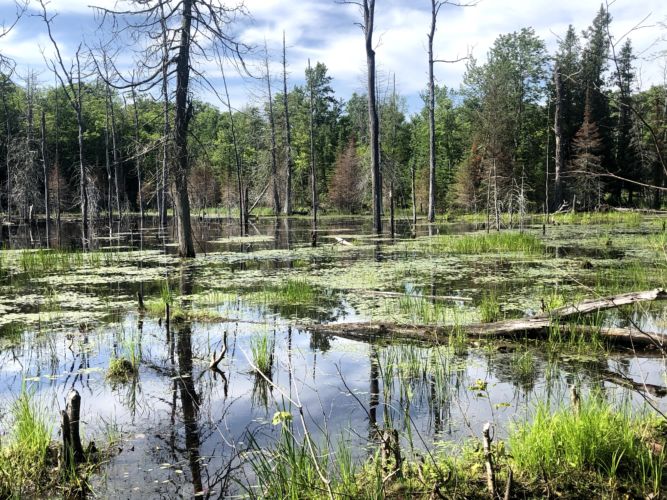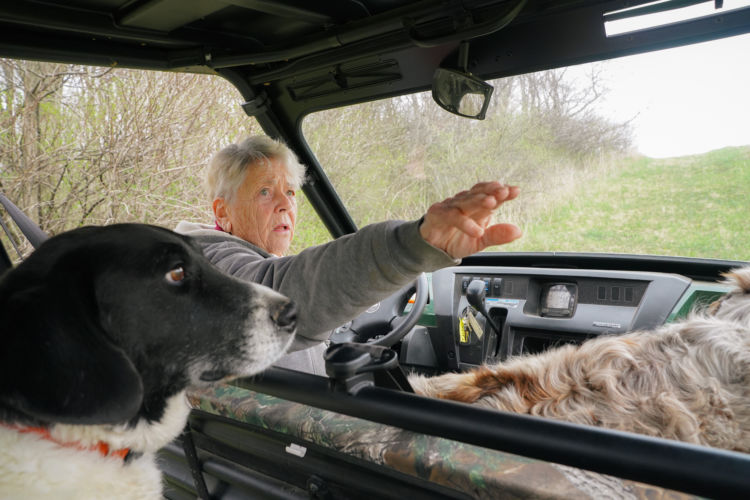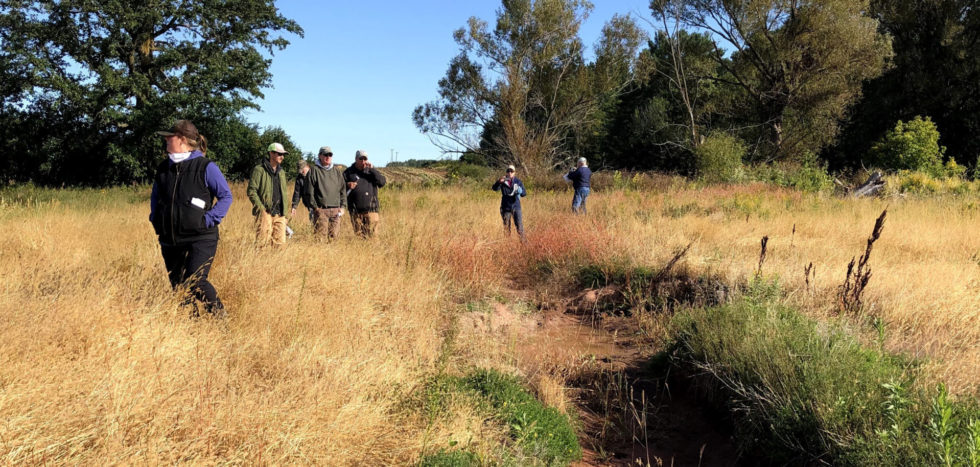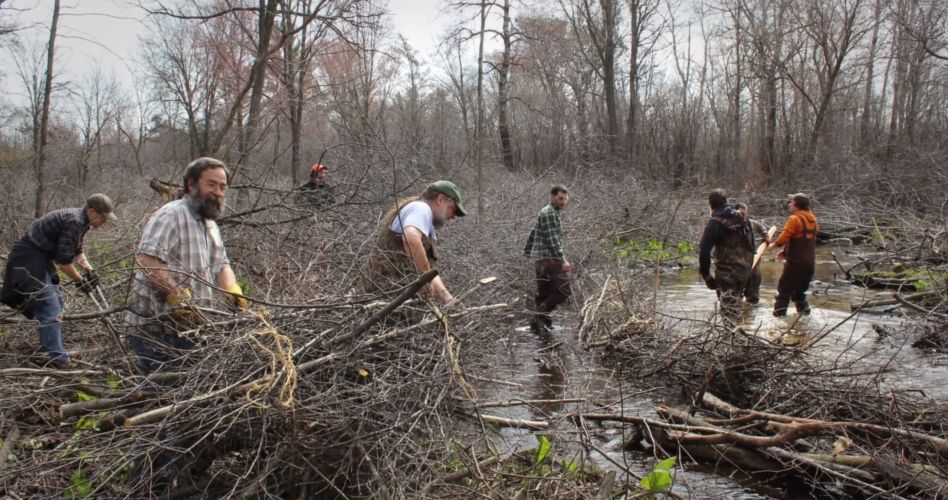Wisconsin Wetlands Association (WWA) is a statewide organization with a grand vision of a day when our state’s wetlands are healthy and plentiful and support ecological and societal needs. That vision also includes people who care for, appreciate, and interact with these natural resources. In a state where we’ve already lost half of our original wetlands (five million acres!) and where so many of our remaining wetlands are in poor conditions, reversing this damage truly requires a grand vision.
If you pay attention to our newsletter articles, blog posts, and other communications, you’ve heard about all the ways we’re working toward making our grand vision a reality. Our work involves helping promote the science needed to support the protection, restoration, and long-term care of our wetlands. It involves helping others understand what wetlands are, why they’re important, and how they can work to protect and care for them. It involves working with communities to find ways they can use wetlands to solve their water-related issues. It involves helping develop the policies, programs, and funding resources needed to increase wetland conservation throughout the state.
And very importantly, it involves helping make wetland protection and conservation an essential part of how communities and landowners address the water-related problems they are facing at the statewide scale needed to meet our vision. As we often say, wetlands aren’t the only things we need to fix our water-related problems, but we can’t fix these problems without wetlands.
So, if our vision is to get wetland conservation moving throughout the state at the immense scale needed to address our statewide needs, why is WWA involved in some small-scale, placed-based projects? That’s a good question. Let’s break it out.
The goals of our place-based work are similar to the goals of our advocacy work. With a very small staff working statewide (only nine of us!), we can’t effectively be involved in every issue or effort across Wisconsin. So, when we consider getting involved in a relatively small-scale wetland issue or partnership effort, we weigh the statewide implications of our involvement. In other words, is our involvement in this project or partnership essential to moving us effectively toward our grand vision? Does our participation bring an element that cannot be provided by any other partner? And can the results of this effort be exported into other communities and watersheds across Wisconsin?
We are currently involved in three place-based partnership projects in the watersheds of the Marengo River, Little Plover River, and Fancy Creek. Each of these pilot projects is helping address specific statewide wetland conservation needs that are essential for movement toward our grand vision.
Our placed-based partnership work is designed to show others what can happen when communities work together to address the challenges they face. They also allow us to connect deeply with the people associated with these wetlands. And, as we also often say, we can’t effectively work for wetlands if we don’t frequently interact with wetlands. These projects help keep mud on our boots and dirt under our fingernails. Thanks for your support that helps keep us grounded in what we’re really working for.
Related content
How one landowner is inspiring her community to care for wetlands
Learn more about WWA’s Fancy Creek project in the Driftless area.
Finding the right projects and practices to implement watershed-based hydrologic restoration
Learn more about WWA’s work in the Marengo River watershed and surrounding area.
What is the Little Plover River Watershed Enhancement Project?
Learn more about WWA’s work with partners in the Little Plover River.




